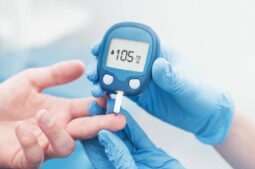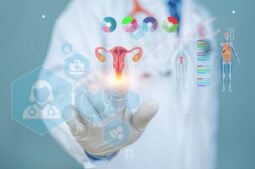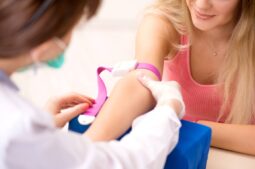
Choosing to donate gametes – either sperm or eggs – is one of the most selfless acts a person can perform. With rising infertility in men and women worldwide, trying to get pregnant can be stressful and upsetting. The availability of sperm and eggs for use in treatments such as In Vitro Fertilisation (IVF) and artificial insemination is a big boost when it comes to assisted reproduction. A healthy donor who provides their own gametes so that another person may achieve their dream of having a baby enjoys some degree of anonymity, no matter where they are in Europe. There are, of course, various rules and regulations from country to country, but for the most part, on this continent, donors are not paid a fee nor do they retain any rights to custody, should their gametes be used.
Anonymity
Donor anonymity varies from country to country. In Denmark, there are ‘open’ and ‘non-contact’ donors. A sperm donor, for example, who has opted for a non-contact donation, will not be eligible to be contacted by any children that result from his generous act. A donor who chooses open contact does leave the option on the table for any biological children to request contact when they turn 18. Only the child will be able to do this, not the parents, and it is designed this way so that the child may discover information about their biological origin.
In the United Kingdom, donors are not guaranteed anonymity, nor are they in Belgium or Germany. In fact, in the latter country, sperm donors may be taken to court during paternity proceedings. This makes donation in these countries less than tempting, and hinders the chances of prospective parents to use donated material to conceive a child.
In Spain, donors are guaranteed anonymity. This helps contribute to Spain’s excellent record of donor welfare and the availability of sperm and eggs for hopeful patients. Egg donation in Spain is so much more available than in neighbouring countries that it is not uncommon for patients to travel from abroad to undergo treatments here. With IVI’s 27 clinics in the country, it is possible for a patient to travel to the one that is most convenient for them. It also makes donation much easier, as potential donors do not have to travel extensively in order to provide the gametes for these treatments.
Payment
In the European Union (EU), it is forbidden to sell or otherwise commercially source gametes or embryos. This is to make sure that donations remain an altruistic act. Donors cannot be paid a fee, meaning that if they choose to donate, it is out of the goodness of their own hearts. However, in some countries, donors can be given a flat rate for inconveniences associated with donation, including missing work and travelling. This is permitted in Cyprus, the Czech Republic and Spain, where donors may receive between €800 and €1,000. This means that gametes are more readily available in these countries, which is good news for residents and for people who can travel to start assisted reproductive treatments when trying to get pregnant.
Who can donate?
Egg donations tend to come from strangers, as the process of stimulating egg production can be a bit intense. The donor must inject hormones that coax multiple eggs from her ovaries, rather than just the one that would naturally be released. In Spain, donors cannot be known to the person receiving the material, in line with the country’s strict anonymity laws. In the UK, on the other hand, it is possible to ask a friend or relative to be a donor of gametes. Other countries, such as France and Belgium, have a more complex method: patients who find a donor will still be given the gametes of an anonymous individual, but they will be moved up the list so that they may not have to wait for such a long time. This method helps to encourage gamete donors, while also ensuring anonymity in cases where donated material results in the birth of a child.
First steps
The very first thing that happens with an egg donor is a psychological review. This is to ensure that she understands her rights and what is required of her, and that she will be able to withstand the medical examinations that she must undergo. After the psychological review, she can expect a pelvic exam; blood tests that check for STIs, blood type and drugs; and an ultrasound to inspect her uterus and ovaries. She must then answer questions on three generations of her family to ensure that the potential for genetic mutations or diseases is limited.
Sperm donors also receive counselling to make sure that they understand their rights and what is expected of them, and their sperm is tested to ensure the highest quality. Sperm needs to have a high motility and freeze and thaw well. As with female donors, male ones will need to complete a family history and undergo blood testing.
For male donors, the actual act of donation is fairly straightforward. The gentleman is given a cup and a room in which to provide the material. Female donors, on the other hand, must accept that they are about to undergo an invasive procedure. There is no doubt that both sperm and egg donors are altruistic individuals who are opting to withstand a little discomfort and invasiveness to help other people conceive healthy children.




Comments are closed here.